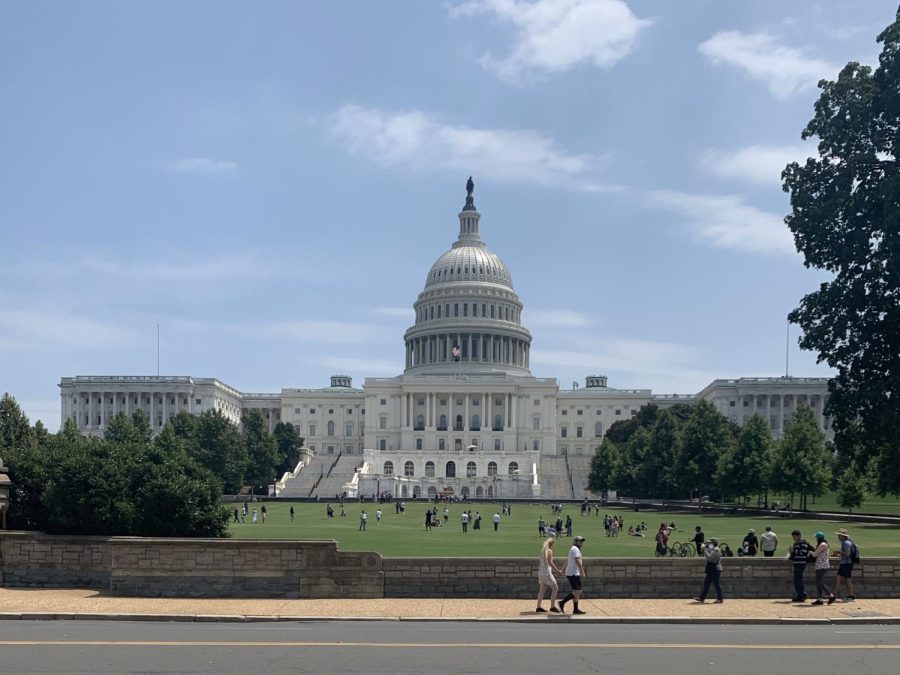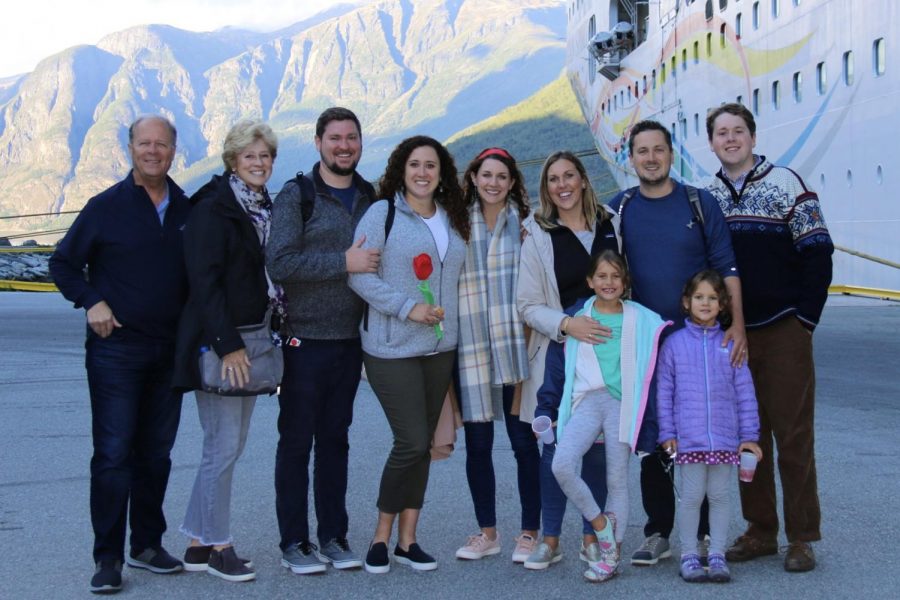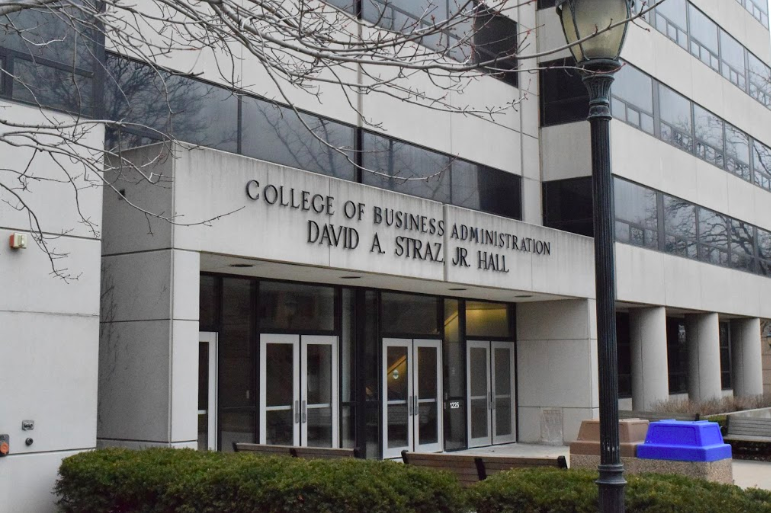One hundred Marquette students added their names to the National Bone Marrow registry as a part of “Transplant Hope – An Organ Donation Awareness Week,” hosted by Carpenter Tower Hall Council and the Student Health Advisory Board April 15-18.
In Wisconsin, 10,000 people on average need a bone marrow transplant every year, while only 5,000 of them will receive one, according to the Blood Center of Wisconsin’s website.
Bone marrow transplants are necessary for people who have bone marrow disease and some cancers. People who do not receive transplants have a smaller chance of survival, according to the U.S. National Library of Medicine’s website.
The bone marrow registry is a nationwide list where potential bone marrow transplant patients who do not have a match in their families can be referenced for a potential donor match. It currently has more than 60,000 names, according to the Blood Center of Wisconsin’s website.
Felicity Harl, a senior in the College of Nursing, and Katie Landry, a junior in the College of Health Sciences, are both liaisons for the Student Health Advisory Board. The pair said the board had never organized a bone marrow registry drive before, so they were surprised and delighted by the 100 people they added to the national registry.
Harl and Landry said the advisory board coordinated the Bone Marrow Registry Drive to inform the student body about other ways they could save lives.
“For people who can’t find marrow matches within their family, they must turn to the national registry to find a match,” Harl and Landry said in an email. “Thus, by putting more donors on the registry, there is a greater chance of finding a match for those in need.”
The marrow donation itself is done by inserting a needle into a bone and extracting the marrow. The repercussions of bone marrow donation vary, but in general some of the most common are lower back pain, fatigue, stiffness when walking and bleeding at the collection site, according to the National Marrow Donor Program website.
Amanda Neumann, a sophomore in the College of Engineering, said she has been involved in donor registration drives since a close relative received an organ donation. She said she realized that there was no organization on campus that raised awareness for organ donations and registrations during her freshman year.
“Last year I did a passive program on Carpenter Tower’s Lobby with a poster and business cards and the green plastic ‘donate life/done vida’ bracelets,” Neumann said. “It was a huge success. This year I wanted to expand the program campus-wide and bring in speakers to talk about their experiences and help raise awareness.”
Neumann said the speakers were impressed by how many students came out to listen and that overall the week was a big success.
“I wanted to do the speaker event because after attending several Transplant Support Group meetings in the Madison Area, I realized that the recipients, donors and donor families have so much to share and could teach students much more that I ever could,” Neumann said.
Thomas Wargo, a sophomore in the College of Nursing and president of the Carpenter Tower Hall Council, said he hopes the event continues annually.
“Obviously the more students who register the better, but I feel that this is an event that needs to be kept up to constantly add new potential donors to the pool,” Wargo said. “The big impact will not come from just one day of registration but from a continuous push for more donors to help save lives.”
Wargo said the event wasn’t only about trying to encourage people to register, but also about spreading awareness of the issue.
“There are many untrue myths and horror stories about organ transplants that scare many people away from saving lives,” Wargo said.





